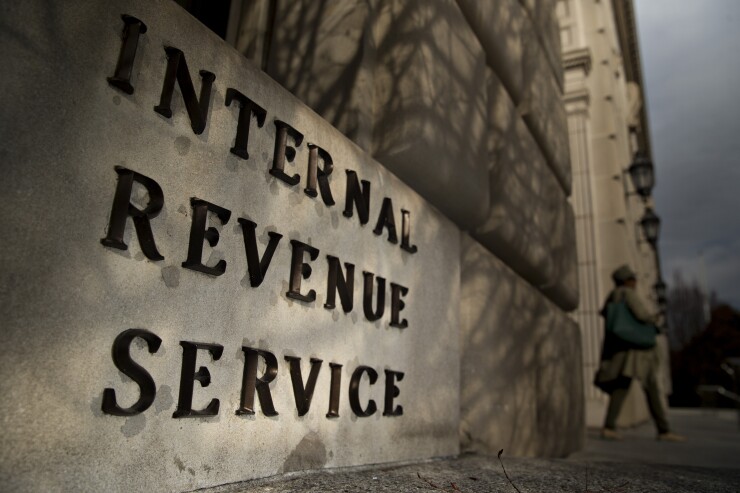The Internal Revenue Service may be on the verge of loosening recent restrictions on conservation easement tax breaks that were imposed at the end of the Obama administration.
In late December, the IRS issued a
Section 170(e)(1) of the Tax Code allows a deduction for a qualified conservation contribution, which is a contribution of a qualified real property interest to a qualified organization exclusively for conservation purposes. The contribution should include a restriction, granted in perpetuity, on the use that can be made of the real property. The IRS and the Treasury Department said they have become aware that some promoters are syndicating conservation easement transactions that claim to give investors the opportunity to obtain charitable contribution deductions in amounts that significantly exceed the amount invested. In those transactions, a promoter offers prospective investors in a partnership or other pass-through entity the possibility of a charitable contribution deduction for donation of a conservation easement.
The issue of conservation easements came up during the presidential campaign last year when reports emerged that Donald Trump might be claiming tax deductions for property on some of his golf courses and estates, including his Mar-a-Lago complex in Palm Beach, Fla.

Proponents of conservation easements were concerned about the IRS crackdown. Last Thursday, the IRS issued a new notice informing them they would have more time to file the disclosures required by last December’s notice.
Under the original notice, the disclosure was supposed to be filed with the IRS Office of Tax Shelter Analysis by June 21, 2017. However, in response to requests for extra time for participants to meet the disclosure obligations, the new notice extends the due date until Oct. 2, 2017. The due date for disclosure by material advisors who have disclosure obligations is unchanged by the new notice and remains May 1, 2017.
A group that backs conservation easements hailed the new notice and sees more significance than a simple postponement of the due date. “This decision is a step in the right direction for those who care about conserving our country’s land, natural resources and wildlife habitat,” said Randy Bampfield, co-chair of the Partnership for Conservation’s legal committee, in a statement last Friday. “We are pleased to see the IRS responded to the many landowners, leaders of nonprofit land trusts and other conservation professionals who spoke out to explain the vital role that privately funded conservation easement donations play in advancing needed preservation efforts. Thanks to yesterday’s revisions, land trusts will not be considered material advisors to these charitable contributions, and landowners who donated conservation easements won a few extra months to complete the burdensome and duplicative paperwork requirements imposed by the IRS.”
His group would still like to see the IRS completely suspend last December’s notice. “However, the IRS needs to go further by suspending the underlying Notice,” Bampfield added. “It unfairly labels these already highly disclosed charitable contributions as ‘tax avoidance transactions.’ In reality, these easement donations allow ecologically valuable land to be conserved permanently and cost the government less than purchasing and managing the land with federal or state funds. Such private funding sources will be required to finance new conservation projects in an era of strained government coffers.”
In recent months, the Trump administration has moved to withdraw a number of regulations imposed by the Obama administration, including rules issued during the final months of President Obama’s term relating to environmental policy.





